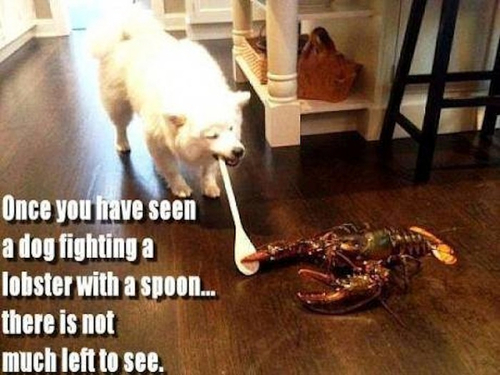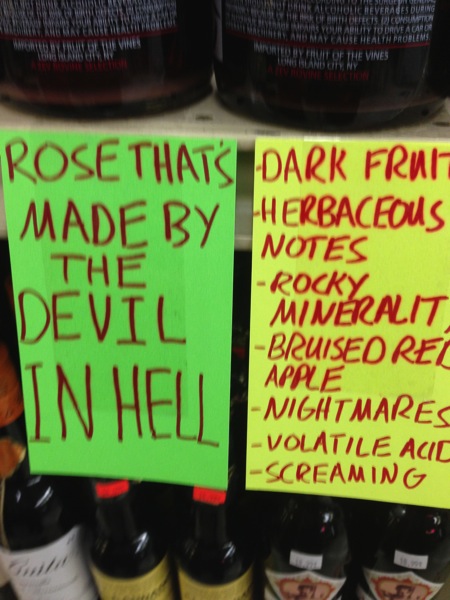I came to Lou Reed and the Velvet Underground late by some standards, but in the pre-Internet era of the 1980s in South Mississippi, it’s sort of amazing I ever found him at all. My first exposure was via the Jane’s Addiction cover of “Rock and Roll“, which I heard at a party I probably shouldn’t have been at in a “student ghetto” house behind a USM dorm that’s not there anymore (Elam, for any EagleHeathen).
Anyway, the song started, and someone said “you know, there aren’t that many Velvet Underground covers, and there are even fewer good ones.” I didn’t get the reference until a year or so later, when I met my friend John Smith.
That’s not a pseudonym. John was born with a name that would, 20 years later, make him completely un-Google-able but for his brief moment of fame. He came to UA with much better music taste than I’d been able to assemble in Hattiesburg, so it was through John that I first really explored some of the artists who would become ubiquitous for the rest of my life: Dylan, Alex Chilton and Big Star, and most of all Lou and the Velvet Underground.
John and I hit it off pretty quickly, and the music was always a fixture in his smokey dorm room. Loaded hit the turntable, and there, suddenly, was the punch line to the joke set up so many months before behind Elam Arms. The Janes’ version was a reasonable cover, but here was the ur-text, a fully formed protopunk song recorded before I was even born. The penny drops for some of us when we first hear the Velvet Underground; if you’re at all aware of the trends of popular and alternative music since the 1970s, you have no doubt at all that what Brian Eno said is true: not that many people bought Velvet Underground records, but damn near every single one of them started a band. It’s no exaggeration to say that, without Lou Reed and the Velvet Underground, modern music would be unrecognizably different.
I was sitting on the ground, outside the “security bubble” of the Marine Corps Marathon finish area on Sunday when I got the news. Lou Reed had died on Sunday, in Long Island. He was 71 years old, which is a hell of a lot longer than I suspect he thought he’d live. I am not one given to grief over celebrities, but I am not too proud to say this hit me hard, harder even than MCA last year. I blinked through tears to read the quickie Rolling Stone obit, and was amazed to see his hometown paper was caught flat-footed; it took the Times almost a full day to deploy the sort of exhaustive obituary for which they’re rightly famous. Someone said “gosh, we’re really gonna lose it when Dylan dies,” and I realized that Reed meant and means more to me than Dylan ever has. I’m having a hard time coming up with many other musicians whose artistic footprint figures as much into my own life as Reed, and it’s a short list indeed — filled mostly, no doubt, with folks who stood on Reed’s shoulders. (Tom Waits will live forever AND I WILL BROOK NO DISSENT.)
The tributes and memories flooded my Twitter feed for much of the next day. Why, of course Neil Gaiman was a fan, and of course he interviewed him years ago, as a working journalist. As it turns out, Sasha Frere-Jones used Reed’s music to propose marriage. Josh Marshall was a fan, too. By Monday, VU bandmate John Cale had weighed in:
“The news I feared the most, pales in comparison to the lump in my throat and the hollow in my stomach,” Cale wrote in a statement. “Two kids have a chance meeting and 47 years later we fight and love the same way – losing either one is incomprehensible. No replacement value, no digital or virtual fill . . . broken now, for all time. Unlike so many with similar stories – we have the best of our fury laid out on vinyl, for the world to catch a glimpse. The laughs we shared just a few weeks ago, will forever remind me of all that was good between us.”
There are only four Velvet Underground albums: 1967’s Velvet Underground & Nico, the blistering followup White Light/White Heat a year later, the self-titled Velvet Underground from 1969, and finally Loaded in 1970. None are long, and all cast long shadows (all 4 rate Rolling Stone’s list of Top 500 Rock Albums). In those four brief records there’s enough gold for a hundred lesser careers — and Lou wasn’t done when he left the Velvet Underground.
In his solo work, he never stopped experimenting — indeed, it’s not unfair to say his solo career embodies the idea that, if you never fail, you’re not trying hard enough. Most of it, aside from the radio hit that included Neil Gaiman’s daughter’s namesake, is less accessible than the VU work, but that doesn’t mean bad. Transformer is an amazing rock and roll record (and includes the aforementioned “Wild Side”). His 1973 effort Berlin is the standard by which soul-crushingly sad albums are judged. Street Hassle‘s title track is a 3-movement poem about down-and-out life in New York, and believe it or not has aged reasonably well. 1989’s New York put him back on the radio, and a year later he reunited with VU partner John Cale to memorialize Andy Warhol with Songs for Drella, which met with broad praise.
There’s little else I can say on the subject not said better elsewhere, so I’ll close this down and apologize for a disjointed entry. Follow a link or two if you’re unfamiliar. Dive deeper if you are. In closing, here’s John Cale performing an on-topic poem with music by Brian Eno:









